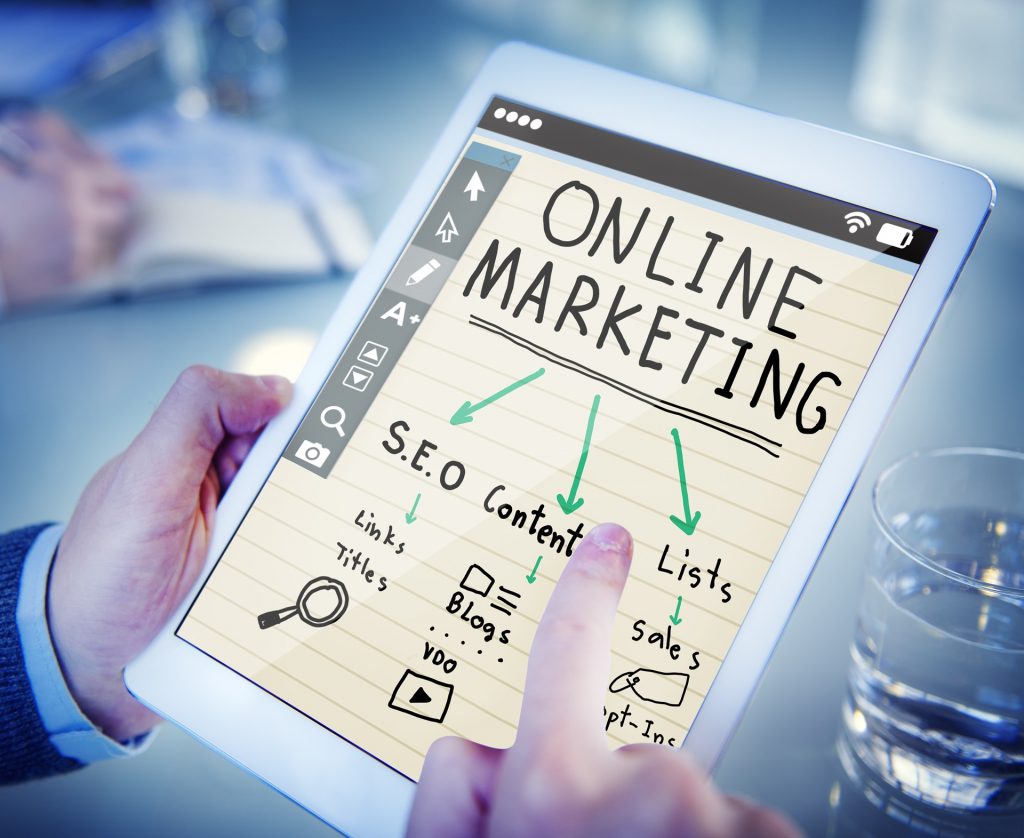Marketing is an ever-changing aspect of a business. In the past decade, we’ve seen how modern technology has completely revolutionized the way businesses promote and sell their products and services.
In fact, a 2013 study conducted by Adobe noted that 76 percent of people think that marketing has changed more in the past two years than it did the entire 50 years before. This is even more pronounced today as the Internet becomes more pervasive.
Indeed, the Internet is a game-changing technology with a tremendous impact on modern marketing. Alongside its ubiquity is the rise of online marketing, which many consider having replaced traditional marketing channels, such as TV, radio, and print ads. More and more businesses now adopt this form of marketing. Statista projected that global spending on digital marketing would reach 306 billion dollars in 2020 and account for the majority of marketing efforts.
But while digital marketing has enabled businesses to reach their target audience more readily, the rapidly changing technology and marketing trends have brought in some confusion, especially for businesses that are not well-versed with online marketing.
Today, there are numerous digital marketing trends available to marketers and brands. Each of these methods has its unique uses, as well as, pros and cons. For many businesses, deciding on which digital marketing strategy to take is not easy.
To help you choose the best direction, an expert from a digital marketing agency, Warroom Inc., explains to us the top five time-proven and tested digital marketing types.
Email Marketing:
Email marketing is a time-tested type of online marketing. This has been around far longer than other digital marketing techniques. While there have been many changes in the way this campaign is done, it remains very useful.
With this strategy, marketers have full control of the message. Email marketing is different from the regular emails you send to a boss or a friend. Marketers use available data regarding a user to come up with carefully crafted and targeted messages based on the recipient’s position in the sales funnel. These emails can range from informational email to product update email to welcome email and many other types.
Email marketing not only gets your message across. You can also gather relevant information about your target audience through emails. With this data, you can come up with a more calibrated and more successful marketing campaigns.
Content Marketing:
Content marketing is considered the foundation of all other types of digital marketing. With content marketing, you need to regularly produce relevant and interesting contents such as social media posts, videos, articles, blogs, and other creative. Quality content is crucial in bringing across your message and keeping your audience engaged.
Content marketing is a tricky endeavor. There are a lot of things to consider such as grammar and spelling, effective use of keywords, proper messaging, use of graphics, persuasiveness, etc. Keeping the content relevant, unique and fresh is also crucial in a successful content marketing campaign.
Social Media Marketing:
According to the 2018 Global Digital suite of reports from We Are Social and Hootsuite, there are 3 billion social media users worldwide. This makes social media a very effective platform for advertising and promoting your brand to consumers. Since users are hooked to social media sites such as Facebook, Instagram, and Twitter on a 24/7 basis, it makes it a perfect place to market and sell your products and services.
Aside from the millions of users connected to social networking sites, it is also a cost-effective digital marketing strategy, especially when you’re able to hit the right buttons. The proper use of social media marketing techniques can help ensure that you’re reaching the right audience and get them to use your brand.
Search Engine Optimization (SEO) Marketing:
SEO Marketing is an essential marketing tool that every business needs. The goal of this marketing campaign is to increase your website’s visibility by placing it on top of search engines, such as Google and Bing. For example, if a user is looking for a dog grooming kit, you want to place your brand on the first page of Google’s result. You need to know what customers are searching for (keyword research) and optimizing your website around those keywords (keyword optimization). This helps boost traffic to your site.
Link Building:
Among the earliest digital marketing trends, link building can help increase the number and quality of inbound links to your website. This can help improve page views and visits, and ultimately, website or webpage ranking. If you want your product to be easily searchable in search engines, then you need to implement link building strategies.
These are just five of the many types of digital marketing out there. Each of these techniques has its own uses that can help you promote and advertise your business.
Read Also:



























